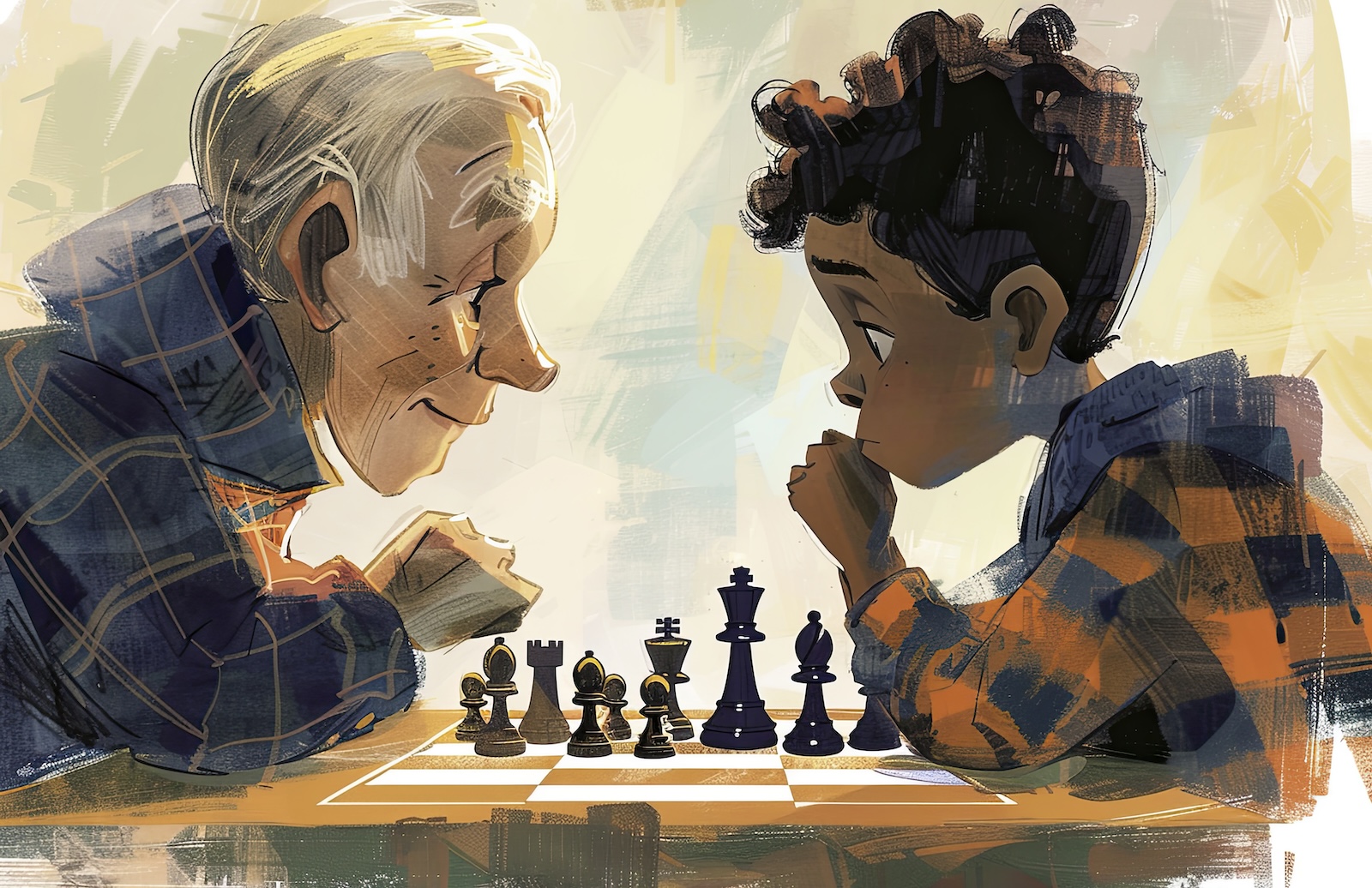Unlocking potential,
one move at a time
Empowering disadvantaged children through free chess lessons.
Teaching More Than Moves. How Chess Builds Confidence
Chess for Learning was born from a reflection on the skills needed to succeed in school—and in life.
We all recognize the importance of academic and technical “hard skills” acquired through subjects like math, reading, and science, which are developed through instruction and practice. However, not all students master these hard skills early in their educational journey. Many factors can influence this, including maturity, access to resources, organization, and self-esteem.We believe that soft skills are just as essential for success and can reinforce academic growth. Chess is a powerful tool for developing many of these skills.
Meet Sacha, the founder inspiring young minds through chess
Sacha’s six-session chess program makes the game fun and accessible for kids, teaching basics to advanced strategies. His goal is to inspire young players to think strategically, play online, and join chess clubs while enjoying the game.
Join Sacha on this chess adventure and watch as young minds discover the joy and challenge of the game!

We believe that soft skills are just as essential for success and can reinforce academic growth Chess is a powerful tool for developing many of these skills

Volunteer to teach chess and make a lasting impact on young minds

My name is Sacha Bidermann, I am the founder of Chess For Learning
I am convinced that chess transformed my life and my approach to studying. When I started school, I have struggled with focus and organization. However, through chess, I developed crucial abilities I had been missing:
- Concentration: I learned that even when winning a game, a single lapse in attention could cost everything.
- Strategic Thinking: I realized that victory often goes to the player who thinks the most moves ahead.
- Planning & Organization: Chess required to prepare and structure my moves carefully.
- Time Management: Playing with a clock taught me the value of using time wisely.
- Self-Confidence: As my chess skills improved and I won more games—especially against adults—my confidence grew.
At 11 years old I won the South Florida Chess Championship. Eventually, I chose to focus more on schoolwork than chess tournaments, but I still plays regularly and hold a current ELO rating of 1850.
Most importantly, I firmly believe that chess played a vital role in my academic success. Now, I want to share this knowledge with other students who struggle in school.
The Vision Behind Chess for Learning
The goal of Chess for Learning is to offer free chess classes to disadvantaged children, giving them a chance to discover a new passion.
It’s clear that many underprivileged students have limited access to chess due to:
- The cost of chess classes, even in public schools.
- The lack of exposure to chess in their communities.
- The fact that chess is often passed down through families, making it less accessible to those without that tradition.
To address this gap, volunteer students with strong chess knowledge will teach the classes for 3 to 8 kids per class.
I have developed an easy-to-follow curriculum for volunteers. By the end of the program, students will know how to play chess and will be encouraged to download chess apps on their phones—helping them replace social media time with online chess matches against players of similar skill levels.
Chess for Learning does not seek to replace professional chess instructors. Instead, its mission is to make chess accessible to children who lack the opportunity, planting seeds of interest and passion for the game.
